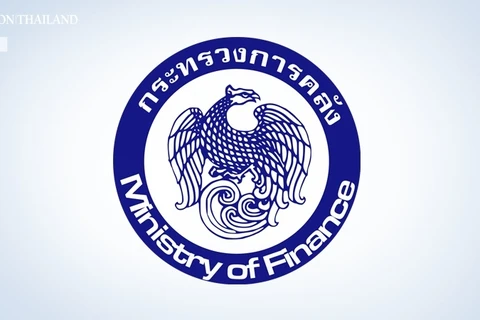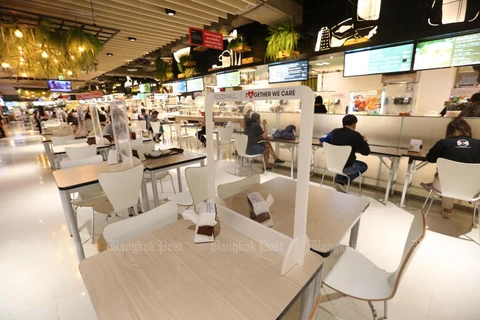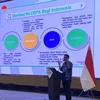 SCB has continued to increase its loan portfolio of Chinese businesses investing in Thailand. (Photo: Bangkok Post)
SCB has continued to increase its loan portfolio of Chinese businesses investing in Thailand. (Photo: Bangkok Post) The survey is based on responses from 170 Chinese investors who are involved in FDI-related businesses. Some 61 percent of respondents are Chinese investors investing and doing business in Thailand.
According to the survey, 66 percent of the 170 respondents said they plan to increase investment in Thailand over the next two years, while 22 percent expect to maintain the existing investment portion, and 12 percent said they plan to reduce investment locally.
Local market expansion is the primary reason attracting Chinese FDI inflow into Thailand, representing 56 percent of motive variables, followed by ASEAN market expansion at 40 percent and the use of local raw materials at 37 percent.
Based on this survey, SCB expects Chinese FDI inflows to increase significantly in the post-COVID-19 period. Retained demand of Chinese investment during the pandemic will also lend support to Chinese FDI inflow moving into Southeast Asia's second largest economy in the next few years.
SCB’s chief financial officer and first executive vice president Manop Sangiambut said besides existing investment from Chinese manufacturing businesses in Thailand, new industries, such as technology, services and food and restaurant business have also expressed interest in expanding into Thailand.
Some Chinese investors are also looking for local business partners through joint venture or merger and acquisition deals in Thailand, he added.
SCB, the country's fourth largest commercial lender by total assets, has continued to increase its loan portfolio to Chinese businesses investing in Thailand. The bank currently focuses mainly on large listed companies on China's bourses and state-owned enterprises.
Chief economist at SCB Economic Intelligence Center Yunyong Thaicharoen said greater clarity of Chinese FDI inflows will transpire in the second half as investors are assessing the government's management of the new COVID-19 outbreak./.
VNA























